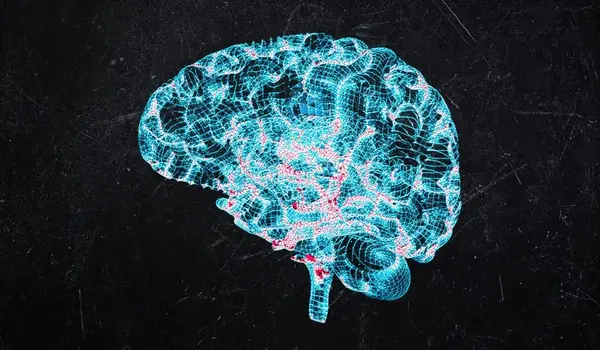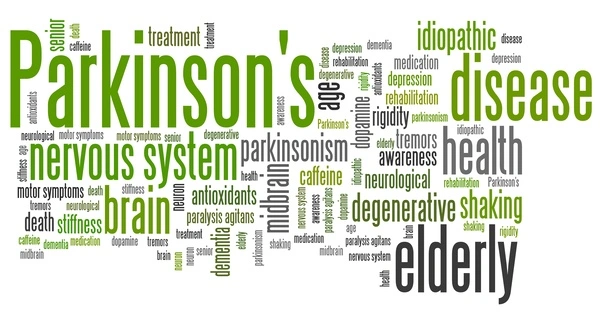Altered speech, also known as hypokinetic dysarthria, is one of the early signs of Parkinson’s disease. People with Parkinson’s may experience changes in their speech patterns, such as speaking more softly, more quickly or slowly, or with a monotone or nasal tone. They may also experience difficulty pronouncing words, slurring speech, or pausing before speaking.
It’s important to note that these changes in speech may be subtle and may not be noticeable until the disease has progressed. It’s also important to keep in mind that not everyone with Parkinson’s will experience changes in speech, and other factors such as aging, hearing loss, or other medical conditions can also cause similar symptoms. If you are concerned about changes in your speech or think you may have Parkinson’s disease, it’s best to speak with a doctor for a proper diagnosis.
Using voice data, researchers attempted to identify early symptoms of Parkinson’s disease. The researchers used artificial intelligence (AI) to analyze and assess speech signals in their study, where calculations and diagnoses are made in seconds rather than hours.
Many people’s lives have been upended by the diagnosis of Parkinson’s disease. It affects more than 10 million people worldwide. There is no cure, but the disease can be controlled if symptoms are detected early. Speech changes as Parkinson’s disease progress, along with other symptoms.
Lithuanian researcher from Kaunas University of Technology (KTU), Rytis Maskeliūnas, together with colleagues from the Lithuanian University of Health Sciences (LSMU), tried to identify early symptoms of Parkinson’s disease using voice data.
We are not creating a replacement for a routine examination of the patient; our method is designed to facilitate early disease diagnosis and to track the effectiveness of treatment.
Rytis Maskeliūnas
Parkinson’s disease is usually associated with loss of motor function – hand tremors, muscle stiffness, or balance problems. According to Maskeliūnas, a researcher at KTU’s Department of Multimedia Engineering, as motor activity decreases, so does the function of the vocal cords, diaphragm, and lungs: “Changes in speech often occur even earlier than motor function disorders, which is why the altered speech might be the first sign of the disease.”
Expanding the AI language database
According to Professor Virgilijus Ulozas of the LSMU Faculty of Medicine’s Department of Ear, Nose, and Throat, patients with early-stage Parkinson’s disease may speak in a quieter manner, which can also be monotonous, less expressive, slower, and more fragmented, and this is very difficult to notice by ear. Hoarseness, stuttering, slurred word pronunciation, and loss of pauses between words may become more noticeable as the disease progresses.
Taking these symptoms into consideration, a collaborative team of Lithuanian researchers created a system to detect the disease earlier. “We are not creating a replacement for a routine examination of the patient; our method is designed to facilitate early disease diagnosis and to track the effectiveness of treatment,” says KTU researcher Maskelinas.

The link between Parkinson’s disease and speech abnormalities, he claims, is not novel in the world of digital signal analysis; it has been known and researched since the 1960s. However, as technology advances, more information can be extracted from speech.
The researchers used artificial intelligence (AI) to analyze and assess speech signals in their study, where calculations and diagnoses are made in seconds rather than hours. This study is also distinctive in that the results are tailored to the specifics of the Lithuanian language, thereby expanding the AI language database.
The algorithm will become a mobile app in the future
Speaking about the study’s progress, Kipras Pribuiis, lecturer at the Department of Ear, Nose, and Throat at the LSMU Faculty of Medicine, emphasizes that it was only conducted on Parkinson’s patients: “So far, our method can tell the difference between Parkinson’s disease and healthy people based on a speech sample. This algorithm is also more precise than previous suggestions.”
A microphone was used to record the speech of healthy and Parkinson’s patients in a soundproof booth, and an artificial intelligence algorithm “learned” to perform signal processing by evaluating these recordings. The researchers emphasize that the algorithm does not require powerful hardware and could eventually be transferred to a mobile app.
“Our findings, which have already been published, have enormous scientific potential. True, there is still a long and difficult road ahead before it can be used in everyday clinical practice” Maskelinas explains.
According to the researcher, the next steps will be to increase the number of patients in order to collect more data and to determine whether the proposed algorithm is superior to alternative methods used for early Parkinson’s diagnosis. Furthermore, it will be necessary to test the algorithm not only in laboratory-like environments, but also in the doctor’s office or the patient’s home.
















